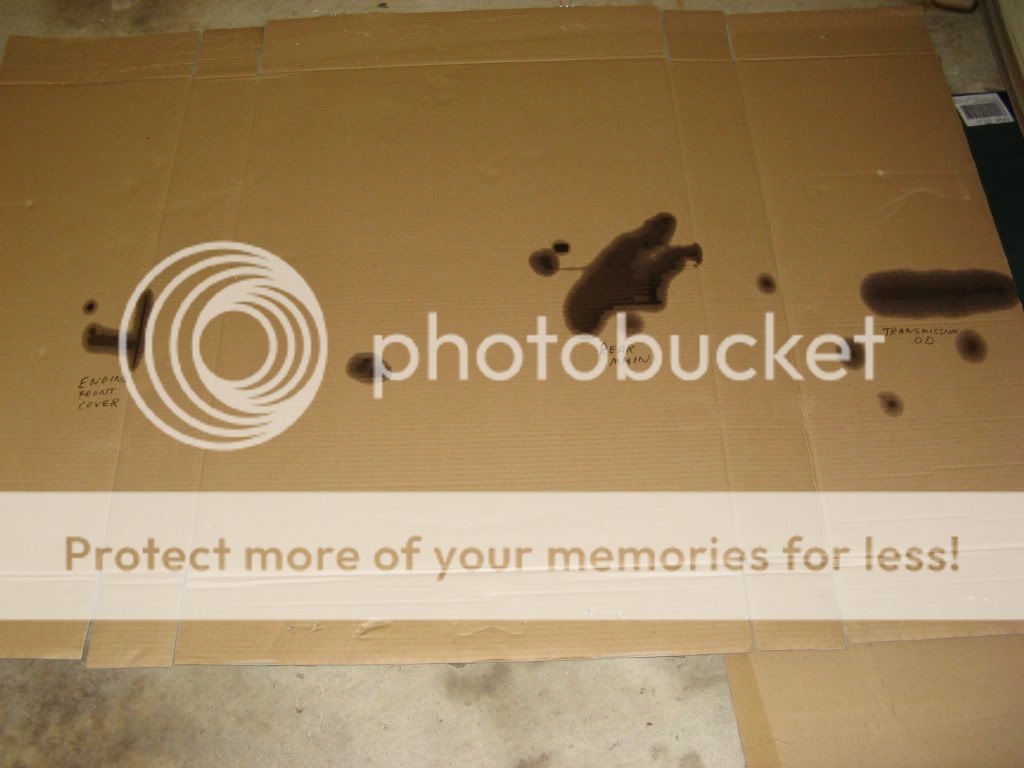Although I do agree with Bob that a look to see the condition of pistons and cylinder walls should be done, let me caution you that once you start to address one section of the engine, you will be drawn to all others. If your cylinders are not scored, do you not check for roundness and replace the rings? If you put new rings in, should you not replace the rod bearing at the same time? The point is you either decide to rebuild the engine or don’t and a good rebuild will not be cheap or simplistic.
However, that being said, you can address specific isolatable sections of the engine for specific conditions. The valve train can be isolated and addressed for excessive oil leaks, the timing chain and tensioner for being stretched, and the installation of a rear oil seal can be performed without entering into a full rebuild. But, don’t expect limiting yourself to stay behind the line will be easy, especially with your Vision of your total redo in your mind.
Since your compression numbers seem respectable and with no presented issues on your 1000Km road trip, it sounds to me that your base-line issue comes down to available funds. If you have the available funds at this time then a full rebuild is both reasonable and opportunistic with the engine already coming out of the car. Without excess funds, then addressing the obvious components is reasonable. These engines have, and will, last quite long and I presume you will not be using your car to commute 100 miles one way to work each day.
Either way you decide, I suggest you develop a cost projection for a full engine rebuild that includes both replacement parts and services. This exercise will give you a clear cost and time estimate, including trade-offs and recommendations, and allow you to put clarity to a real decision.
Good luck,
Ray (64BJ8P1)



 Hi Guest!
Hi Guest!
 smilie in place of the real @
smilie in place of the real @
 Pretty Please - add it to our Events forum(s) and add to the calendar! >>
Pretty Please - add it to our Events forum(s) and add to the calendar! >> 
 Bob
Bob
